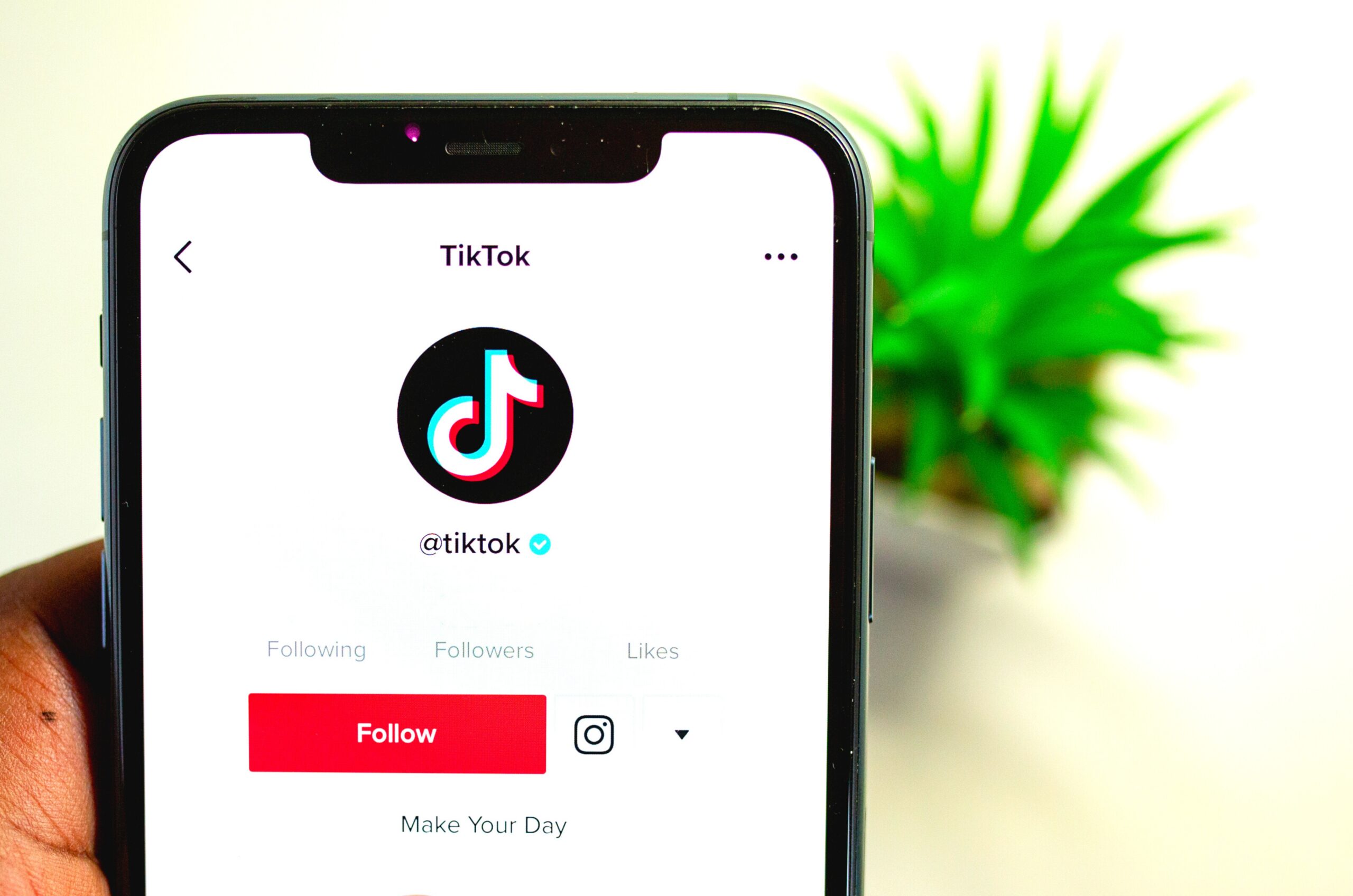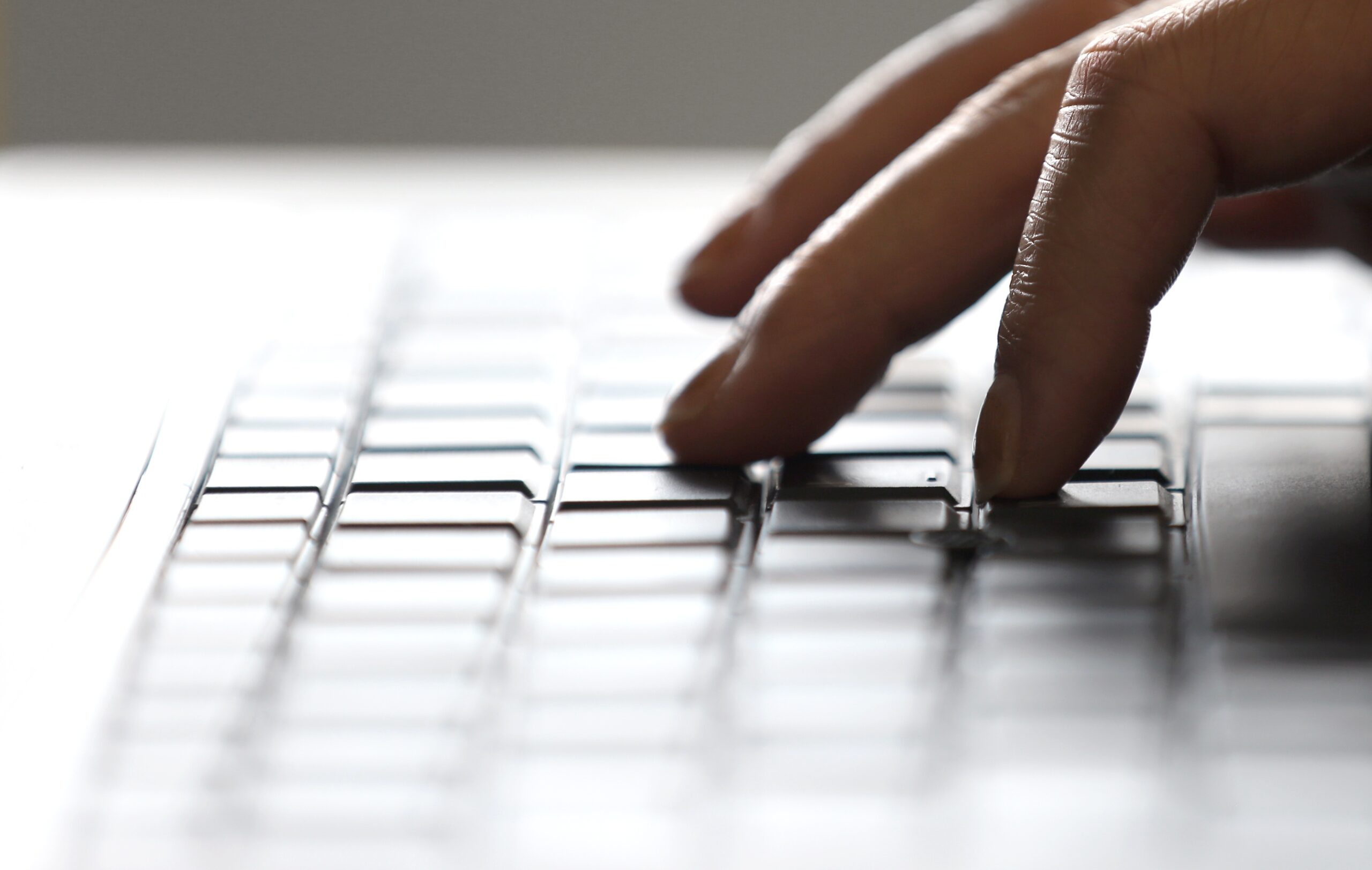Guidance clarifies that those without access to devices will be considered ‘vulnerable’
Credit: Antonio Chaves/CC BY-SA 4.0
Children without access to a laptop or PC at home will be allowed to attend school, the government has confirmed.
In light of the new national lockdown, most children will learn remotely for at least the next six weeks. The only exceptions will be the children of key workers, and those who are considered vulnerable.
According to guidance published yesterday by the Department for Education, this will include pupils who will “who may have difficulty engaging with remote education at home – for example due to a lack of devices or quiet space to study”.
Also among those still able to attend school will be pupils who are in the process of being referred to social care services, those with a child protection plan, young carers, and children living in temporary accommodation.
The publication of the guidance came shortly after government had faced calls to ensure that all students have access to the necessary technology to support remote learning.
Talking to the BBC Radio 4 Today programme this week, children’s commissioner for England Anne Longfield said: “Remote learning now needs to be a high priority for the government and we need a plan around that to ensure there is consistency in what schools are able to offer – but also that tech issue. A lot of pupils still don’t have laptops; they are surviving on broken phones. Those children now need to be seen as a priority to get into the classroom and deemed to be a vulnerable child.”
Related content
- Was 2020 a watershed for public sector use of algorithms?
- Algorithm debacle saw eightfold increase in GCSE grades changed on appeal
- Williamson made ‘fundamental mistake’ on algorithms, says Ofqual chair
Others have urged telecoms companies to provide free data for children.
Also speaking on Today, Labour leader Keir Starmer said: “Data is a big problem. Everybody needs to try and make this work and that includes the companies that can take away the charging for data.”
Six mobile providers – Three, Smarty, Virgin, EE, Tesco, Sky – have already signed up to a government scheme through which schools and local councils can request additional data allowances for children that need them.
Three has indicated that it will offer free unlimited data to disadvantaged children. Other providers may offer raised limits or SIM cards with additional connectivity allowances.
Beginning with the rollout of more than 200,000 devices in the early summer of 2020, over the course of the pandemic government has so far bought almost 600,000 laptops to support remote learning for disadvantaged pupils via the Department for Education’s Get Help with Technology scheme.
Procurement documents indicate that the most recent batch of additional machines was acquired in October and November, when contracts collectively worth about £42m were signed with three suppliers – Computacenter, XMA, and SCC – to provide a total of 225,000 machines.
Cabinet Office minister Michael Gove told Times Radio this week: “We know that it’s students in the most difficult and disadvantaged circumstances, who lose out most from not being in the classroom. That’s one of the reasons why the education secretary has been working so hard to ensure that we can improve access to the sort of technology that enables children from every background to access remote learning.”
The Cabinet Office minister also confirmed A-level and GCSE exams this year are “cancelled”, with education secretary Gavin Williamson to address recalled MPs in the House of Commons this week on what they will be replaced with.
Wales and Scotland confirmed before Christmas that all exams for 16-to-18 year olds would be scrapped in 2021, and replaced by some other form of assessments – but not by algorithmically calculated grades.



